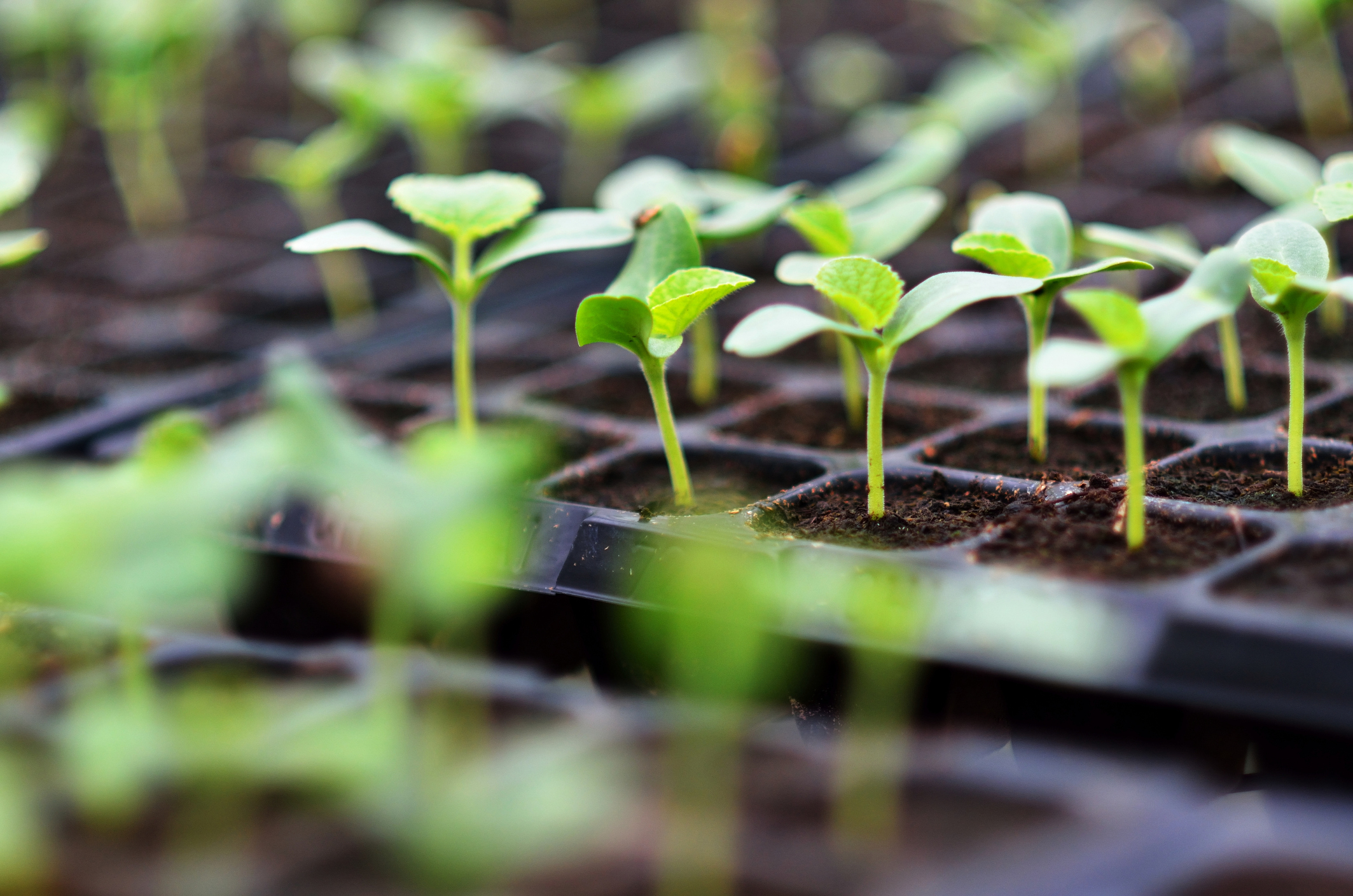K-State horticulture expert suggests gardening activities to kick the winter blues
As the weather slowly begins to warm up, many Kansans are eager to get back to gardening. Kansas State University horticulture expert Cynthia Domenghini said work can begin on vegetables like peas and lettuce.
“If you are tired of winter and hunger for spring, try planting peas as soon as the soil dries and the temperature reaches 40 degrees Fahrenheit,” Domenghini said.
There are many varieties to choose from in Kansas. Domenghini suggests early maturing varieties with resistance to powdery mildew.
“Early maturing types allow us to harvest a crop before the hot weather arrives and stops production,” Domenghini said. She added that plant size should be a consideration when selecting varieties.
As for snow peas, commonly used in stir-fry, Domenghini suggests Dwarf Grey Sugar and Mammoth Melting Sugar.
Sugar snap peas share a resemblance with shelling peas but have a thick, fleshy pod that can be eaten like snow peas, pod and all. Sugar Bon, Sugar Ann, Super Sugar Snap and Sugar Sprint are recommended by Domenghini.
Domenghini said peas should be planted shallow, about one-half inch deep to encourage rapid germination and emergence, and seeds should be spaced 2 inches apart in a row.
“Many people plant two rows 6-8 inches apart so the floppy plants can support one another,” Domenghini said. “For some older varieties, this may not be enough. They may need trellising to support the growing vines. You might consider installing fence to keep rabbits away.”
Peas are not the only vegetable that gardeners can begin work on, Domenghini said lettuce can be started from transplants now.
“Though lettuce is most often planted directly from seed in late March to early April, it can be started from transplants,” Domenghini said. “Transplants allow lettuce to mature earlier so that it escapes heat that can lead to a strong flavor and bitterness.”
Domenghini and her colleagues in K-State’s Department of Horticulture and Natural Resources produce a weekly Horticulture Newsletter with tips for maintaining home landscapes and gardens. The newsletter is available to view online or can be delivered by email each week.
Interested persons can also send their garden and yard-related questions to Domenghini at [email protected], or contact your local K-State Research and Extension office.




